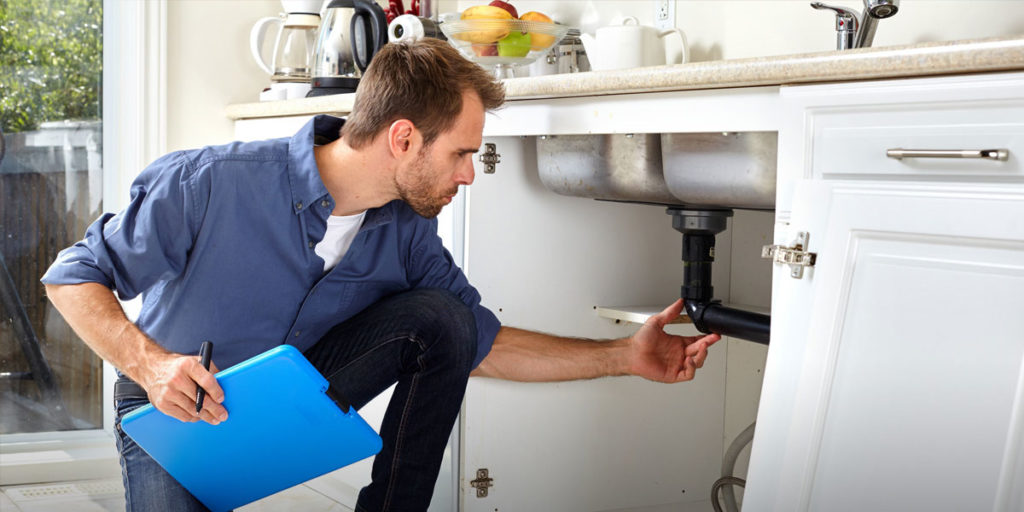Home Inspection Services in the Panhandle
Bay Engineering Services – Home Inspection is a full service company and we are ready to serve you with any Home Inspection or help in evaluating an Investment Property. Our services include ASHI-certified Home Inspections, Commercial and Multi Unit inspections, Radon Testing, Water sampled and taken to a lab for analysis, Termite and Wood-Destroying Insect Inspections. We offer printed inspection reports, but mostly do electronic reporting that is delivered by e-mail. We offer Same Day Reporting. If time is of the essence we can often send the inspection reports immediately after the inspection.
Whether you are buying a home or selling a home (Pre Listing Inspection), or want to have your current home inspected, I am looking forward to being of service in any way I can. If you have any questions please feel free to contact me.

Buying a home could be the largest single investment you will ever make. To minimize unpleasant surprises and unexpected difficulties, you’ll want to learn as much as you can about the newly constructed or existing house before you buy it. A home inspection may identify the need for major repairs or builder oversights, as well as the need for maintenance to keep it in good shape. After the inspection, you will know more about the house, which will allow you to make decisions with confidence.
If you already are a homeowner, a home inspection can identify problems in the making and suggest preventive measures that might help you avoid costly future repairs.
If you are planning to sell your home, a home inspection can give you the opportunity to make repairs that will put the house in better selling condition.
The inspection fee for a typical one-family house varies geographically, as does the cost of housing. Similarly, within a given area, the inspection fee may vary depending on a number of factors such as the size of the house, its age and possible optional services such as septic, well or radon testing.
Do not let cost be a factor in deciding whether or not to have a home inspection or in the selection of your home inspector. The sense of security and knowledge gained from an inspection is well worth the cost, and the lowest-priced inspection is not necessarily a bargain. Use the inspector’s qualifications, including experience, training, compliance with your state’s regulations, if any, and professional affiliations as a guide.
Even the most experienced homeowner lacks the knowledge and expertise of a professional home inspector. An inspector is familiar with the elements of home construction, proper installation, maintenance and home safety. He or she knows how the home’s systems and components are intended to function together, as well as why they fail.
Above all, most buyers find it difficult to remain completely objective and unemotional about the house they really want, and this may have an effect on their judgment. For accurate information, it is best to obtain an impartial, third-party opinion by a professional in the field of home inspection.
As Certified home inspectors, BES Inspection Services performs an extensive 12-point inspection that includes the structure and every major subsystem of your home in compliance with the Florida Standards of Professional Practice. Your inspection will take from 2½ to 4 hours (depending on the size and age of the home), and include a complete visual, non-destructive inspection of the following:
- Structural Components: Foundation; floors; walls; columns; ceilings and roofs
- Exterior: Wall cladding; soffits and trim; entryway doors and windows; garage door and operators; decks; balconies; stoops; steps; walkways; porches and railings
- Roofing: Roof coverings; roof drainage systems; flashings; skylights; chimneys and roof penetrations; signs of leaks or abnormal condensation on building components in the attic
- Plumbing: Piping materials; main shutoffs; leaks; cross connections; main drain clean-outs, waste and vent systems; and water heaters
- Electrical: Service entrance conditions; main and distribution panels; amperage and voltage ratings of service; grounding; main shutoff; branch circuit conductors and their over-current protection, amperage and wiring compatibility; installed lighting fixtures, switches and receptacles, polarity and grounding of all receptacles in all rooms; and GFCI (Ground Fault Interrupt) installations on the exterior and in the garage, kitchen and bathrooms
- Central Heating and Air Conditioning: Normal operating controls; heating/cooling temperatures and air handling equipment; installed heating/cooling source in each room; chimneys, flues and vents; distribution system; filtration; and attic insulation
- Chimney and Fireplace: Attic and roof penetrations; spark arrestors; firebox integrity; hearth and mantel safety; flue operation; glass and screen door protection; and gas starters
- Living Rooms: Walls and ceilings; floor coverings; steps, stairways, balconies and railings; doors and windows; firewalls and egress; and smoke detectors
- Bedrooms: Walls and ceilings; floor coverings; doors and windows; closets; firewalls and egress; and smoke detectors
- Bathrooms: Walls and ceilings; floor coverings; doors and windows; counters and cabinets; faucets and valves; drains and piping; functional flow; bathtubs and showers; and toilets
- Common Areas: Hallways; kitchen; laundry room; walls and ceilings; floor coverings; doors and windows; appliances; controls; ventilation; counters and cabinets; faucets and valves; drains and piping; functional flow; and smoke detectors
- Sprinkler Systems: Installation of: Timers; backflow valves; manual shutoff valve; and actuator valves
- Sprinkler Systems (optional): Operation of: Timers; actuator valves; all circuits; sprinkler and drip heads; and coverage
- Pool/Spa (optional): Filtration system and operation; interior pool surfaces; exterior decks and surfaces; cleaning system; plumbing condition; electrical function and grounding; fencing and safety issues
